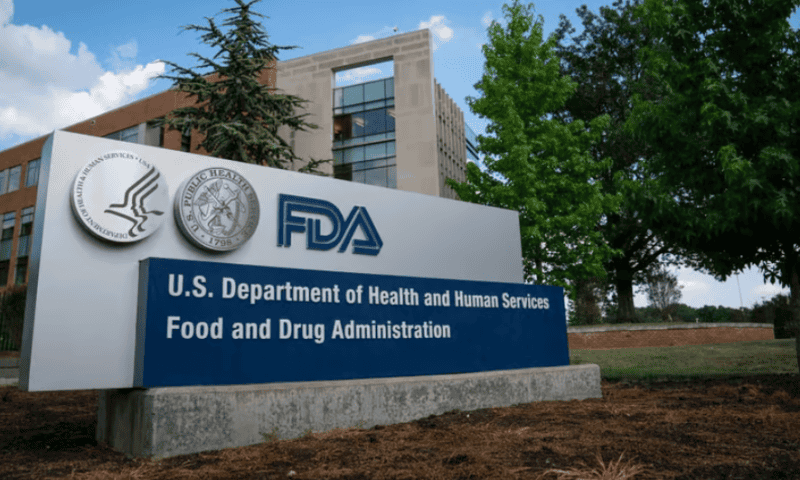Almost a month after FDA advisers delivered a near-unanimous rejection of BrainStorm Cell Therapeutics’ amyotrophic lateral sclerosis (ALS) drug, the biotech is looking to sit down with the regulator to map out next steps.
At the end of September, members of the FDA’s Cellular, Tissue, and Gene Therapies Advisory Committee voted 17-to-one, with one abstention, that there was not substantial evidence to show that the company’s cell therapy, NurOwn, would be effective at stymying the progression of mild-to-moderate ALS.
At the time, it seemed like the final nail in the coffin of NurOwn’s ALS ambitions. But the biotech revealed today that the FDA has invited BrainStorm to “request an expedited face-to-face meeting to discuss the path forward for NurOwn as a treatment for ALS.”
The company has also withdrawn its application in coordination with the agency, which is viewing the move as a “withdrawal without prejudice,” BrainStrom added.
Instead, the biotech is “actively exploring the next steps” for NurOwn, including publishing emerging clinical data and working on a protocol for an additional clinical study.
“We are confident in the data supporting the value of NurOwn as an addition to the options for treating ALS, and we have every desire to bring it to the ALS community,” CEO Chaim Lebovits said in the Oct. 18 release. “We look forward to working with the FDA to define the path forward.”
“We understand that an additional pivotal trial will be necessary, and we are doing everything in our power to execute on this as quickly as possible,” Lebovits added.
The admission BrainStorm will work on an additional study of NurOwn could potentially defuse one of the FDA’s long-running objections to the drug’s application. Back in 2021, the agency highlighted the lack of benefits demonstrated in the therapy’s phase 3 trial and suggested further studies were required for the regulator to continue to provide guidance.
BrainStorm chose not to take the hint and instead submitted an application that the FDA rejected for a variety of reasons, including a lack of demonstrated efficacy and insufficient manufacturing information.
Undeterred, the biotech refiled the application in February, followed by a last-minute change to trim down the desired indication from any patients with ALS to patients with mild-to-moderate cases. But the FDA held firm during its advisory committee meeting last month that the data did not suggest the treatment benefited patients in this newly selected subset, either.
The panelists at that meeting also agreed that BrainStorm should conduct an additional study to validate some of the subgroup data highlighted by the company.

